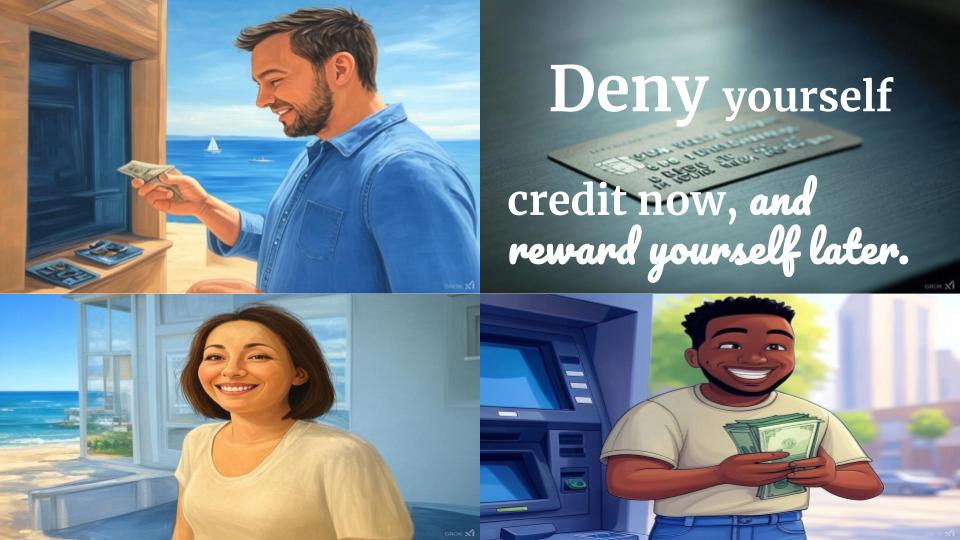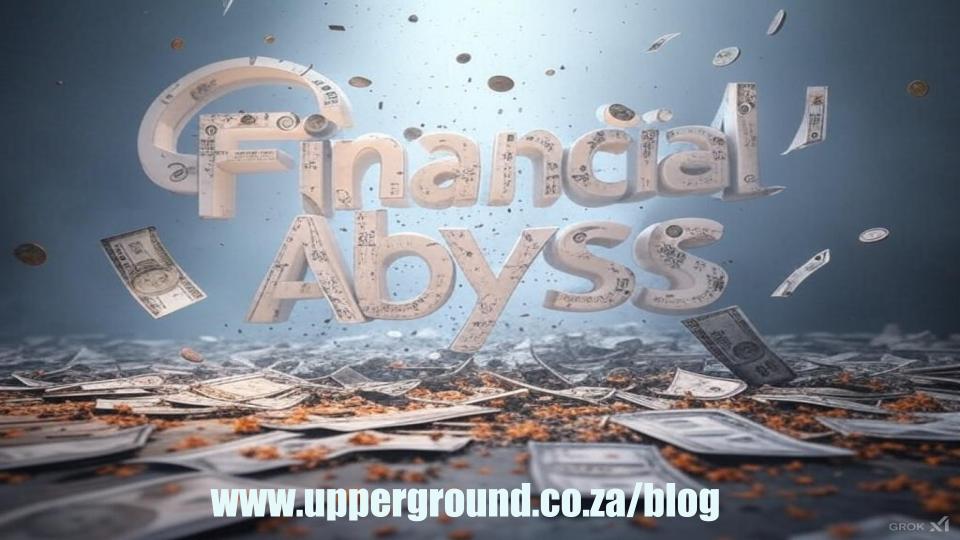In order to invest more: Even when you face the challenge of Maslow’s hierarchy of needs, you must master self-awareness of the trap of unaffordable debt.
It is easier to fall into the debt trap in this world. The system is designed so that you are forced into accumulating debt. Some people might have student loans, mortgages, car loans, and other miscellaneous debt.
The snowball effect is more prevalent in debt acquisition than in other areas. It starts with something you might need to function and spirals into buying or upgrading your lifestyle by requiring expensive options or upgrades.

- Understand the debt trap system.
As you start earning money, you get access to credit facilities. This is the first step of the trap of unaffordable debt.
Just because you qualify for a credit card that is more than your monthly salary, it does not mean you should take it.

Most banks will always give you credit that is not paid with your monthly salary at once. For example, if you earn 10,000, they might want you to get a credit limit of 15,000.
In this instance, if you use all the credit amount, you will owe the bank 5,000 even if you decide to transfer all your salary to your credit card, and they will start charging you interest.
- The debt cycle is revolving.
Just like how they call it a revolving loan, as soon as you pay it, the amount becomes available again as soon as it is paid.
The debt cycle is not easy to break out of. You might avoid paying off your debt because you assume that things will always stay the same.
For example, you convince yourself that the 5,000 difference will be paid off when you receive your bonus or thirteenth cheque on your birthday month.
- As life is unpredictable, so is the debt trap.
Spending more money on unplanned trips with family or friends is easier. Eating out too often every month adds up, and a night out to celebrate your birthday becomes too expensive.
An expense that exceeds your credit limit might be accepted without you keeping track of your costs. Some transactions go through, even when the amount exceeds the credit limit balance.

- Deny yourself credit now by rewarding yourself later.
Most people’s life situations are not the same, but the systems and tools are the same for everyone. This is where you can win the debt war toward financial freedom.
Self-awareness through using the three R’s will help you to build consistent goals to change your spending habits.
- Wisdom rules over debt.
‘The rich ruleth over the poor, and the borrower is servant to the lender.’ Proverbs 22:7
The debt system only enriches the organizations that start them. Acquiring too much debt keeps one poor.
If you are over-indebted you cannot make changes without securing another source of income first.
Sometimes the work environment you used to like might become toxic, but without a job as a source of income, you might be forced to stay even when you don’t want to do so anymore.
The obligation to pay debt enslaves you if you do not have a plan. We all fall into the debt trap, but you do not have to stay in the same position anymore.
Wisdom is gained through observation and reflection from our mistakes. Once we see the debt trap from afar, we can learn to prevent, predict, and prepare to avoid the debt trap.

Develop the debt trap avoidance strategy.
Prevent: take practical steps to help control spending habits and use financial tools.
Predict: expenses and use historical data on your previous expenses from bank statements.
Prepare: for opportunities for savings and investment goals by setting extra money aside.
There are tools available to negate the debt trap. Self-awareness is the first step to understanding how easy it is to fall into the debt trap that entraps even the best financial gurus.
Disclaimer: Upper Ground is not liable for any financial decisions you make. Consult a certified financial professional for financial services.




